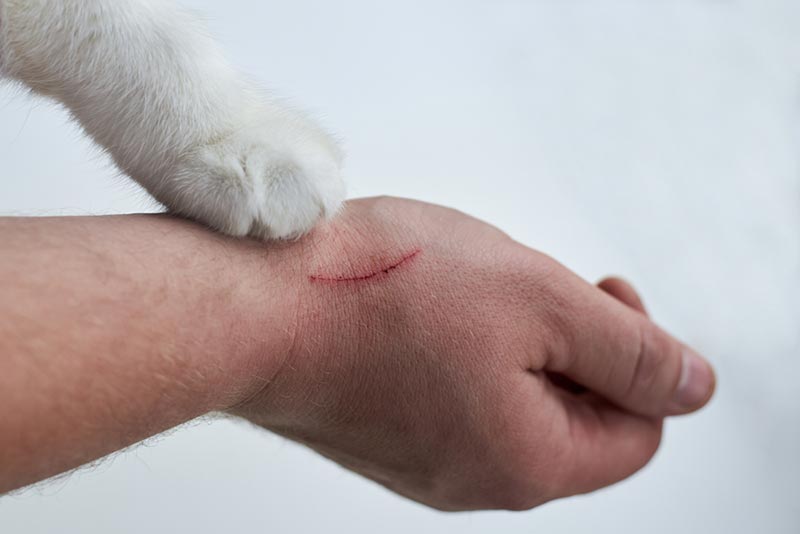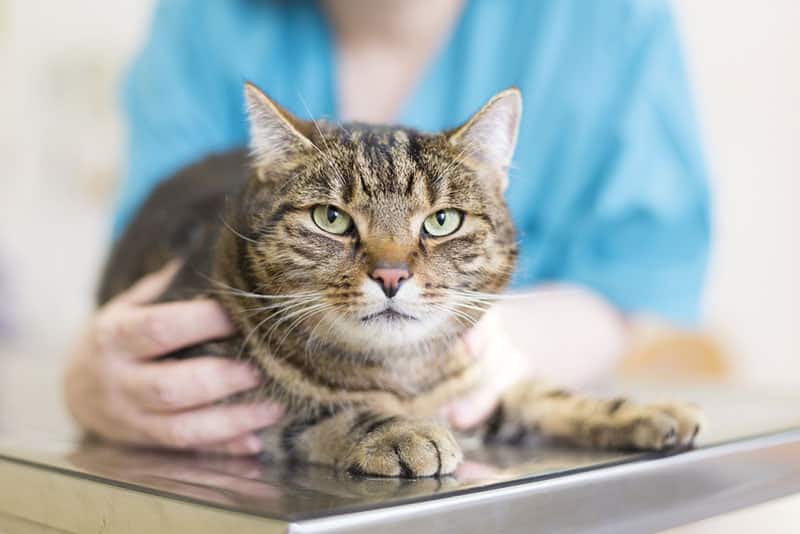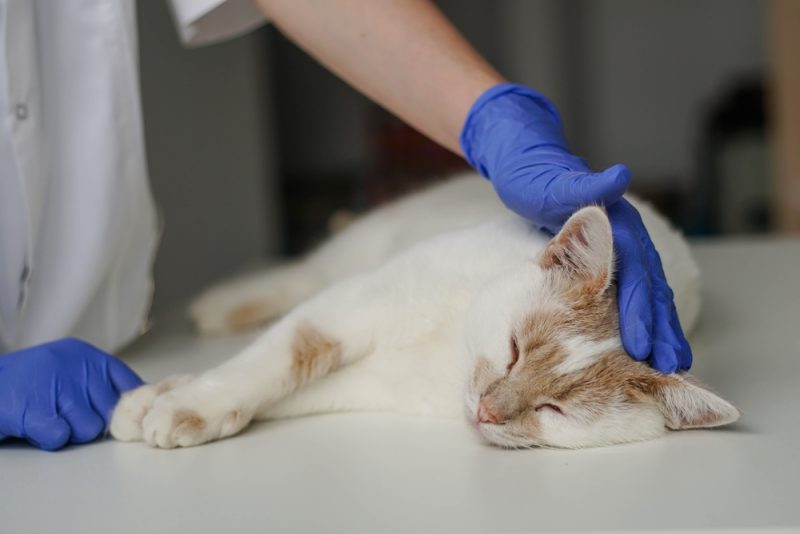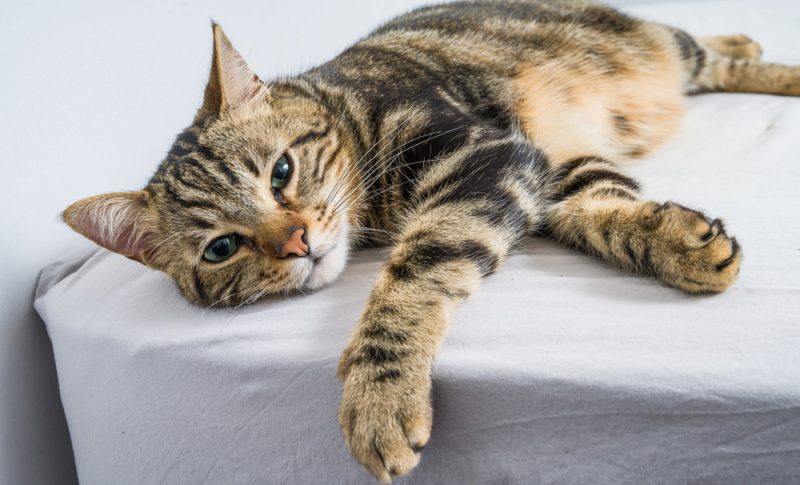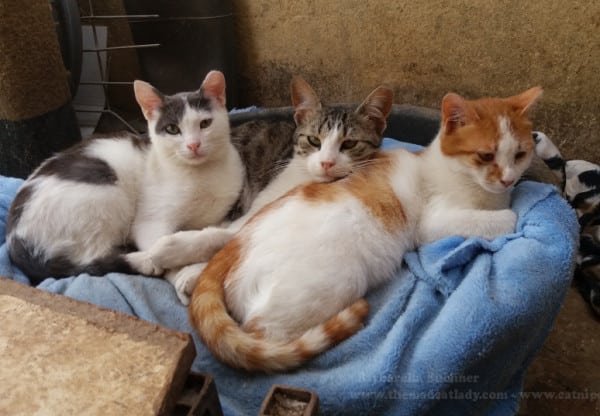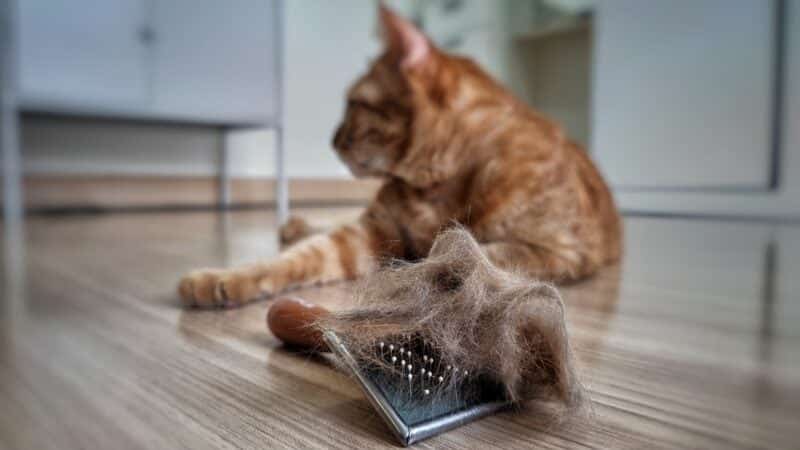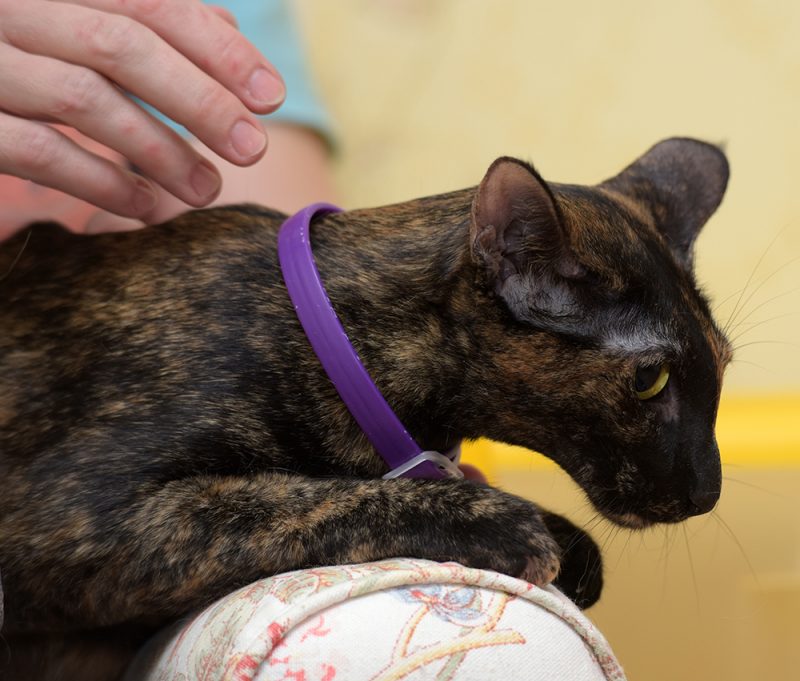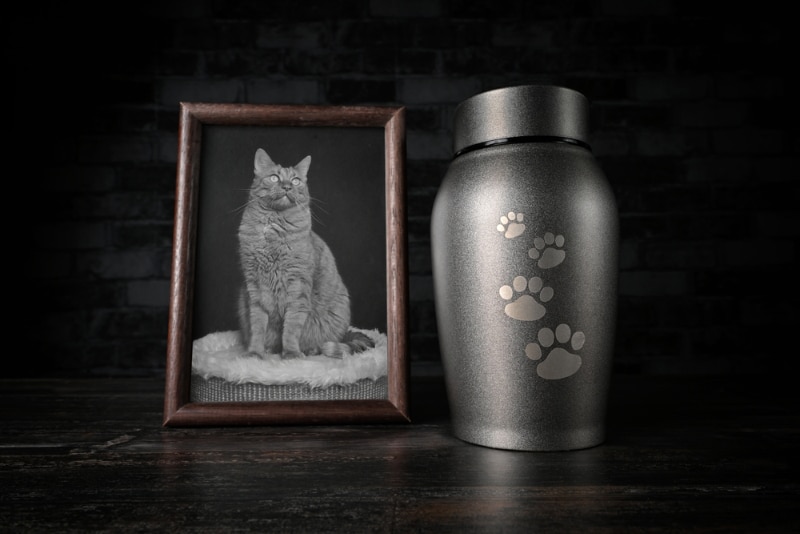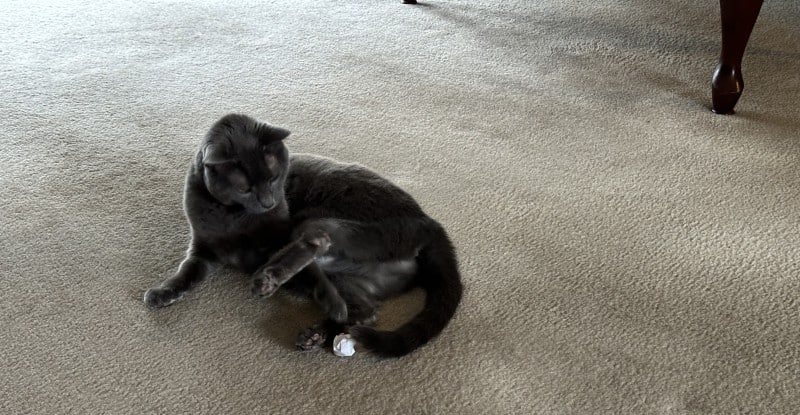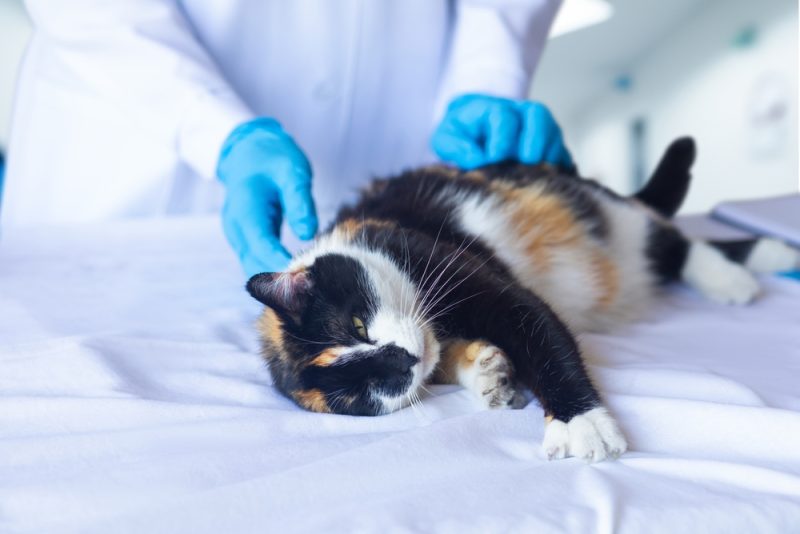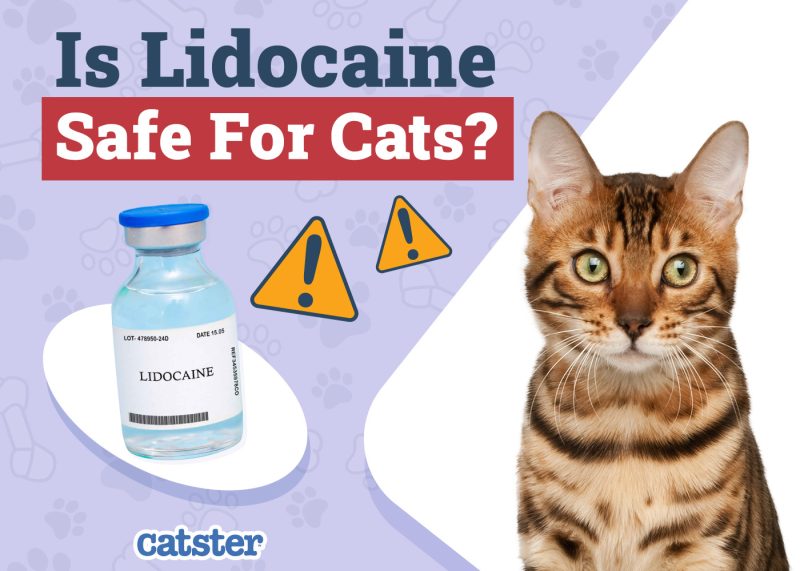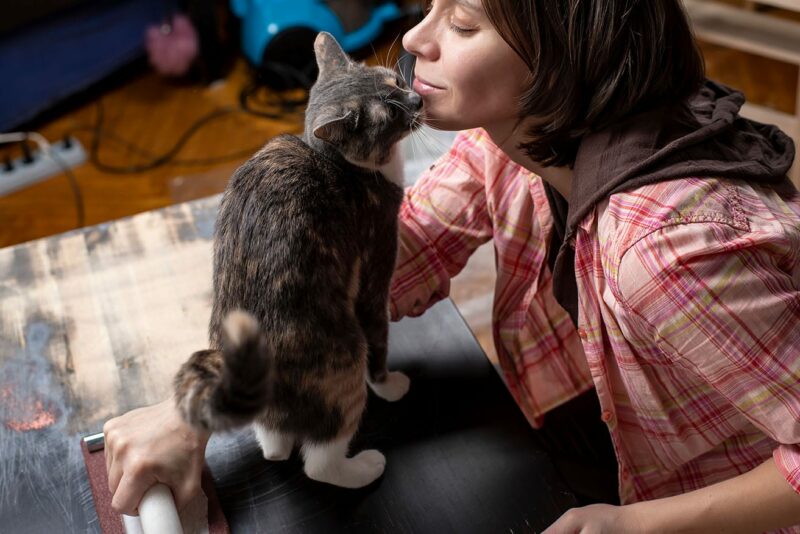Cat scratch disease is caused by a bacteria called Bartonella henselae and is, fortunately, rare in the United States. A retrospective study performed by the Centers for Disease Control and Prevention (CDC) looked at years of health insurance data (for the period of 2005–2013) for adults under 65 years of age1. As a result, the authors estimated that approximately 4.7 per 100,000 people (under 65 years of age) are diagnosed with cat scratch disease every year in the United States.2

What Causes Cat Scratch Disease?
Cat scratch disease is an infection caused by Bartonella henselae bacteria.
People are exposed to the bacteria through broken skin (e.g., a wound from a cat bite or scratch). This may occur via:
- Contact with blood from an infected cat (rare, except in people who work with cats in veterinary clinics, for example)
- Direct spread of bacteria from the cat’s nails or mouth
- Contamination of the wound with infected flea dirt (feces)
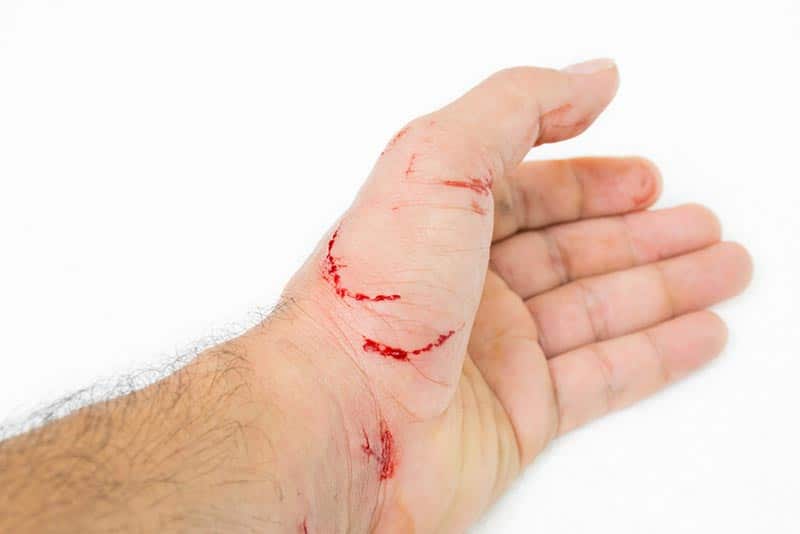
How Do Cats Become Carriers of Bartonella Henselae?
Cats typically contract the bacteria after being bitten by infected fleas.
The bacteria usually remain in the cat’s bloodstream for around 5–8 months, sometimes longer. Cats can be reinfected with different strains of Bartonella henselae throughout their life.
Cats do not typically spread the bacteria directly to each other, but cats in the same home may all become infected if fleas are present.
Do All Cats Carry the Bacteria That Causes Cat Scratch Disease?
It has been reported that up to 40% of cats in the United States have Bartonella henselae in their blood, but this number may be higher or lower in certain geographic regions.
Most cats who carry bacteria do not show any signs of illness, so there is no easy way to identify infected cats. However, certain populations may be more likely to carry Bartonella henselae, such as:
- Young kittens
- Strays and shelter cats
- Cats with outdoor access

I Was Scratched By a Cat, What Should I Do?
Clean the wound thoroughly with soap and water, and monitor the area closely. Remember that cat scratch disease is rare in healthy adults, but young children and individuals with compromised immune systems are at a higher risk.
Signs of cat scratch disease usually appear within 1–2 weeks of being scratched or bitten by a cat and may include:
- Fever
- Swollen, painful lymph nodes (especially near the wound)
- Generally feeling unwell (e.g., headache, decreased appetite)
If you have any concerns, please contact a doctor.
Is Cat Scratch Disease Treatable?
People who are otherwise healthy are usually able to clear the infection on their own.
Individuals who become clinically ill or develop complications from the disease may require treatment with antibiotics. Serious complications are, fortunately, rare.
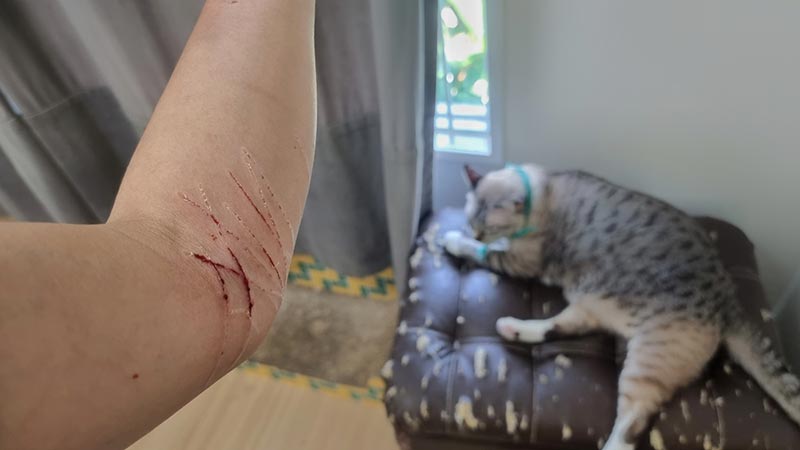
How Can I Protect Myself Against Cat Scratch Disease?
- Discourage your kitten or cat from rough play, as this may increase the likelihood of a scratch or bite
- Supervise children when they are handling or playing with cats
- Always wash your hands after touching a cat
- Clean any bite or scratch wounds thoroughly with soap and water
- Keep your cat indoors
It is important to note that declawing cats is not recommended, and there is no evidence to show that it reduces the risk of cat scratch disease.
You can also ask your veterinarian to recommend a flea prevention protocol for your cat (avoid over-the-counter products, which can be toxic to cats).
If you need to speak with a vet but can't get to one, head over to PangoVet. It's an online service where you can talk to a vet online and get the advice you need for your pet — all at an affordable price!


Conclusion
Cat scratch disease, caused by a bacteria called Bartonella henselae, is a rare disease that can affect both cats and humans. Cats typically contract the disease from flea bites by infected fleas.
Cats don’t typically spread the bacteria directly to each other, though cats in the same home may all become infected if fleas are present. Humans can contract the bacteria through broken skin, for example, from getting bitten or scratched by an infected cat. Fortunately, cat scratch disease is rare and easy to treat, with the infection often clearing on its own.
Featured Image Credit: mydegage, Shutterstock

